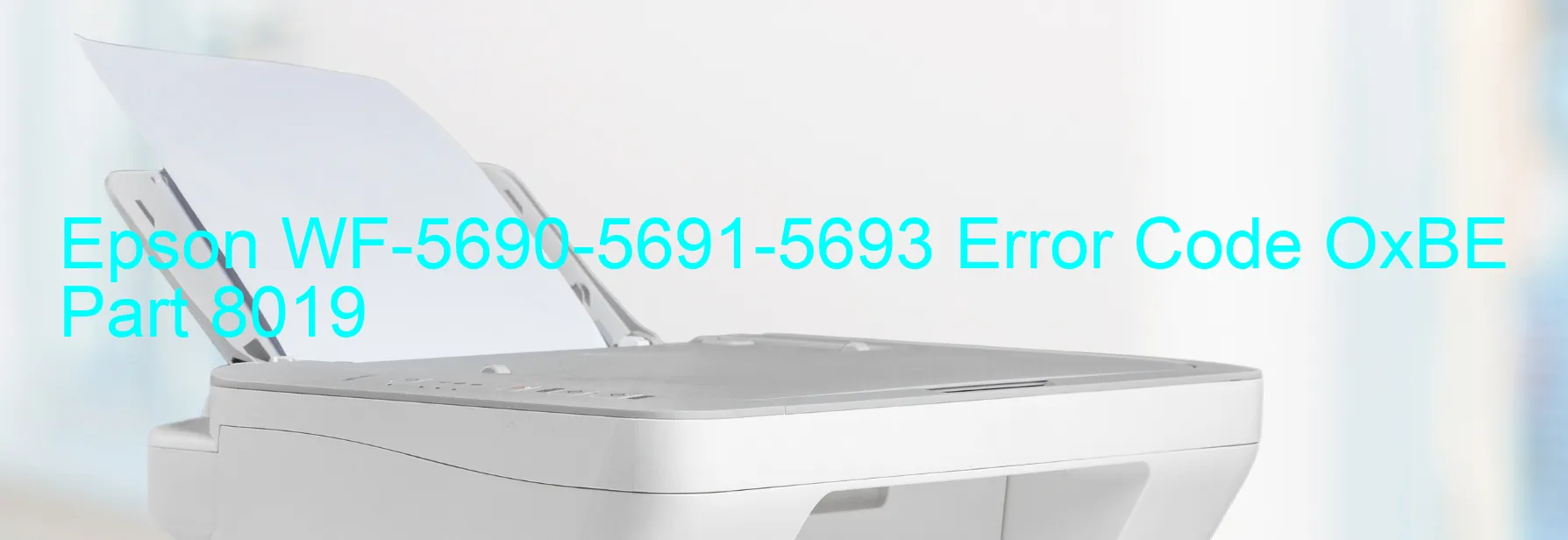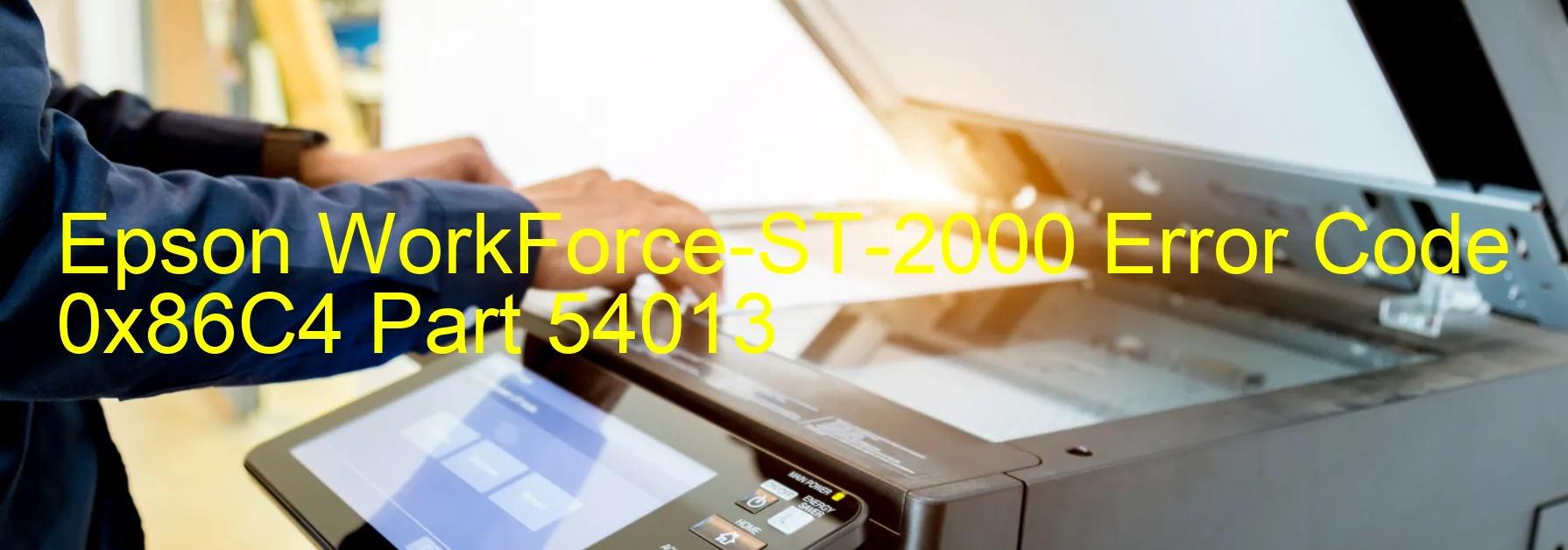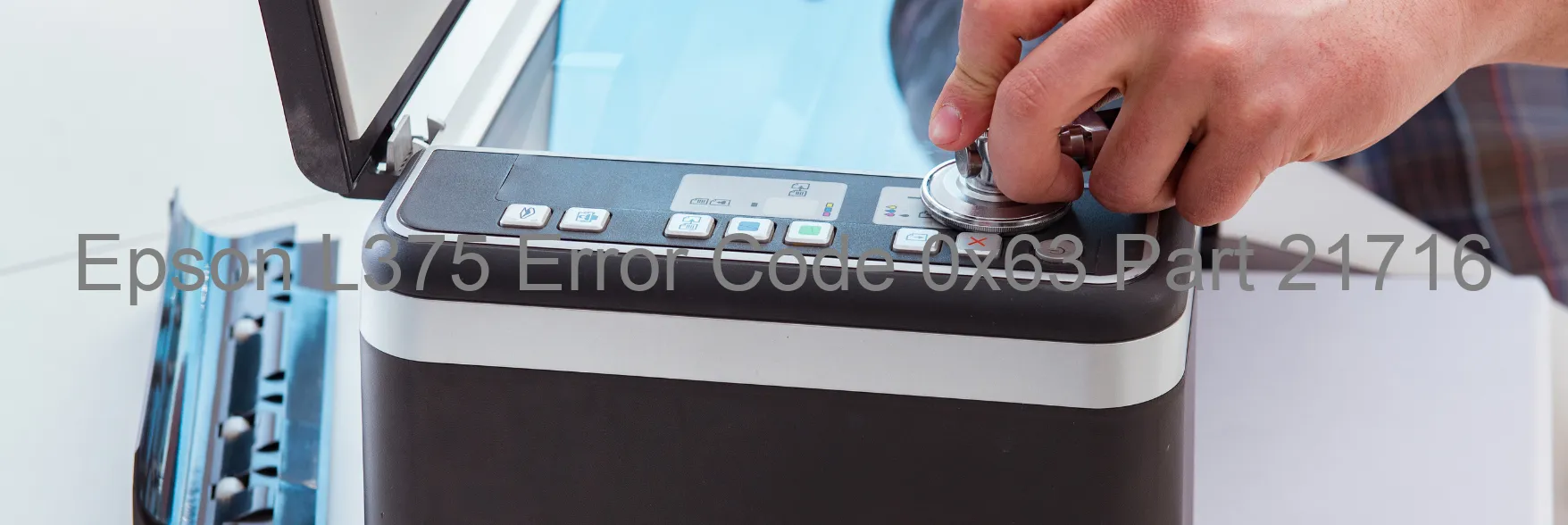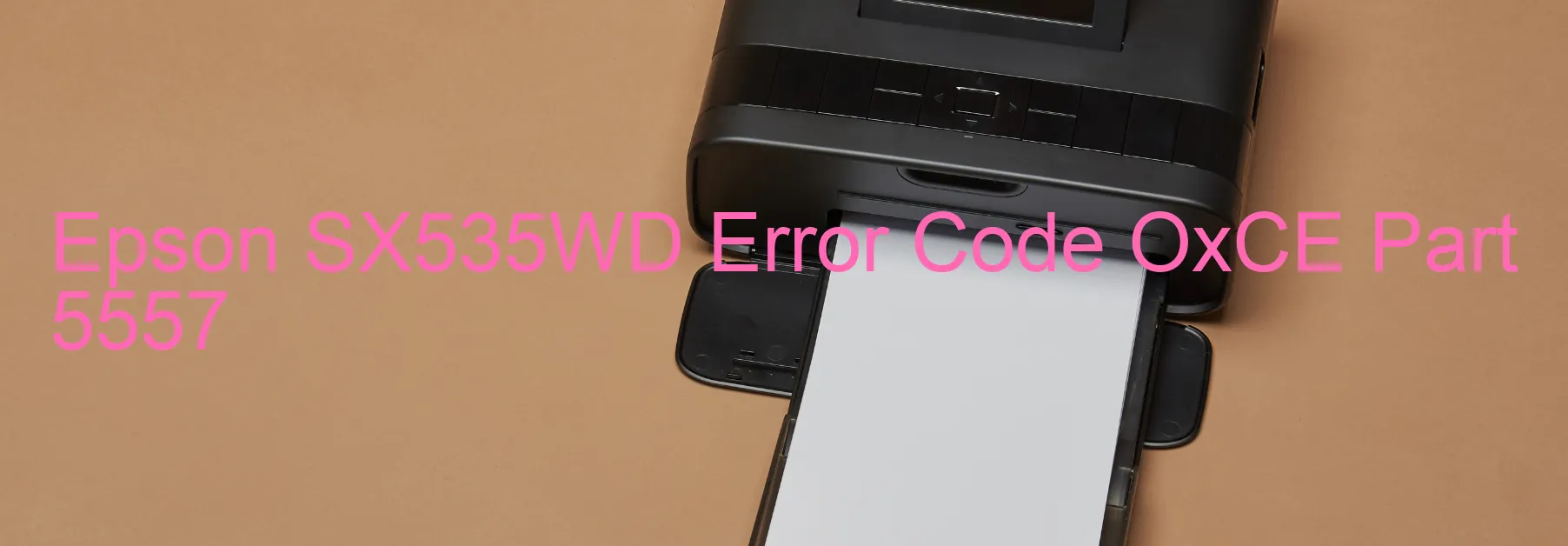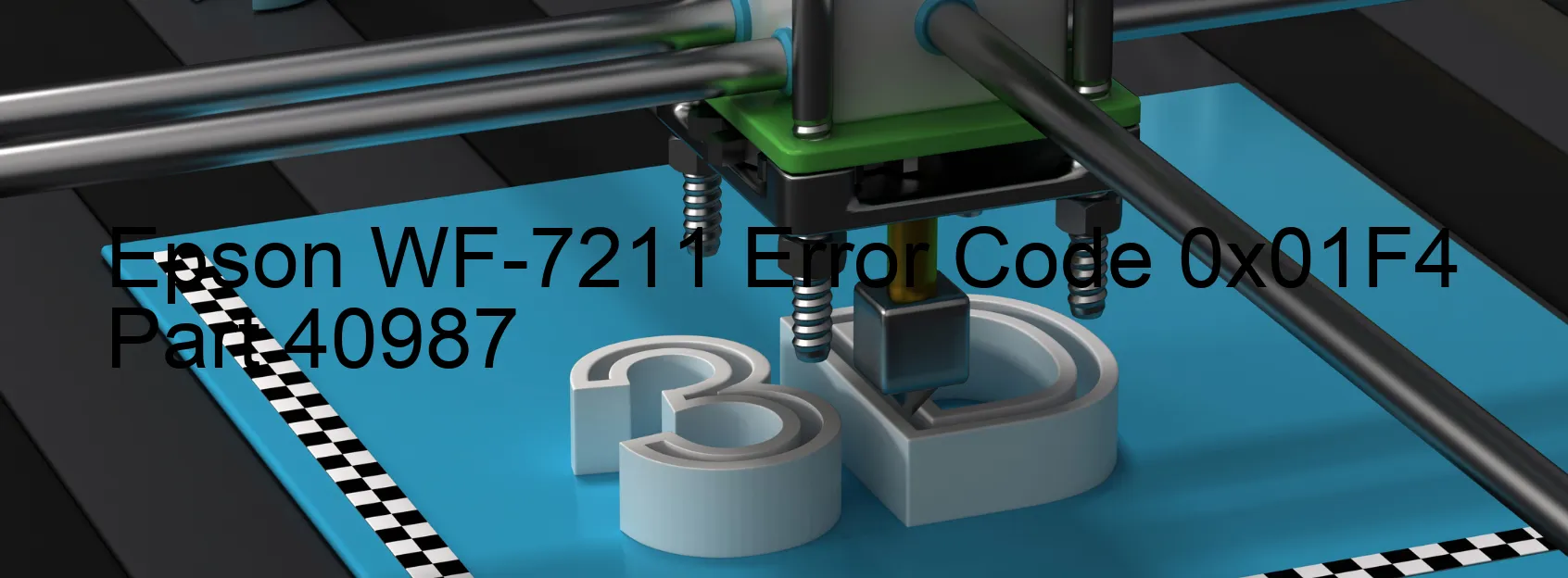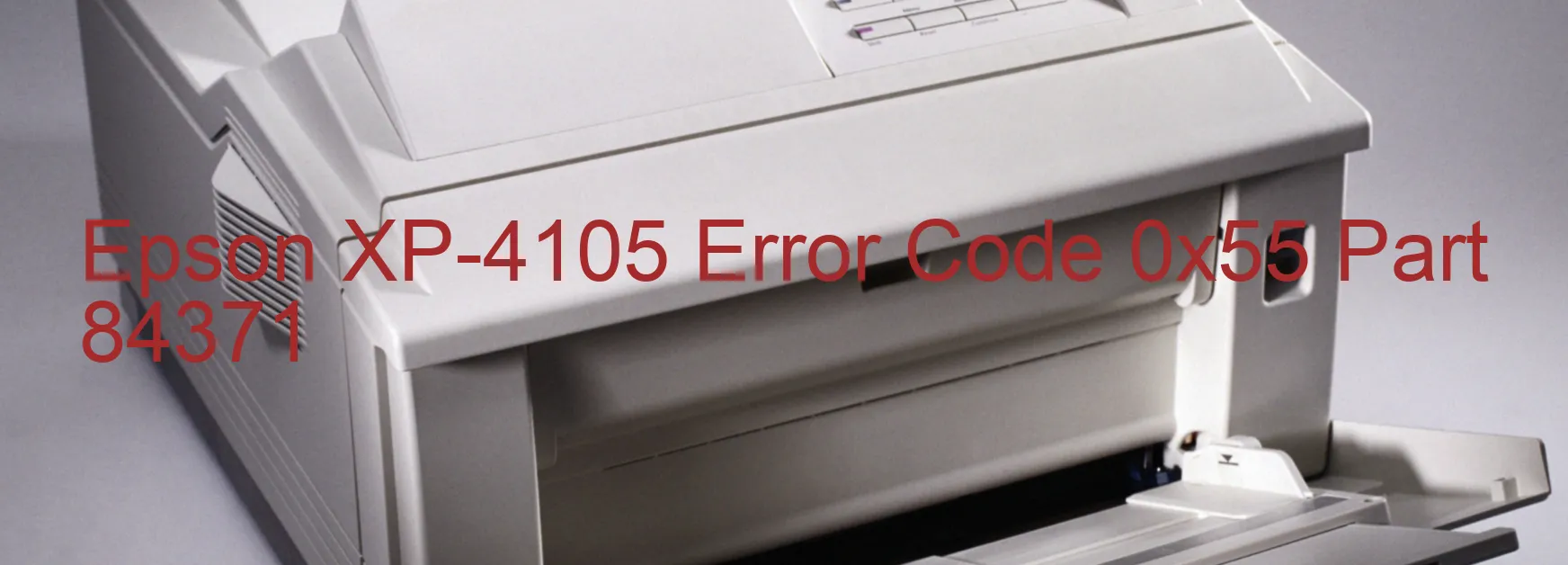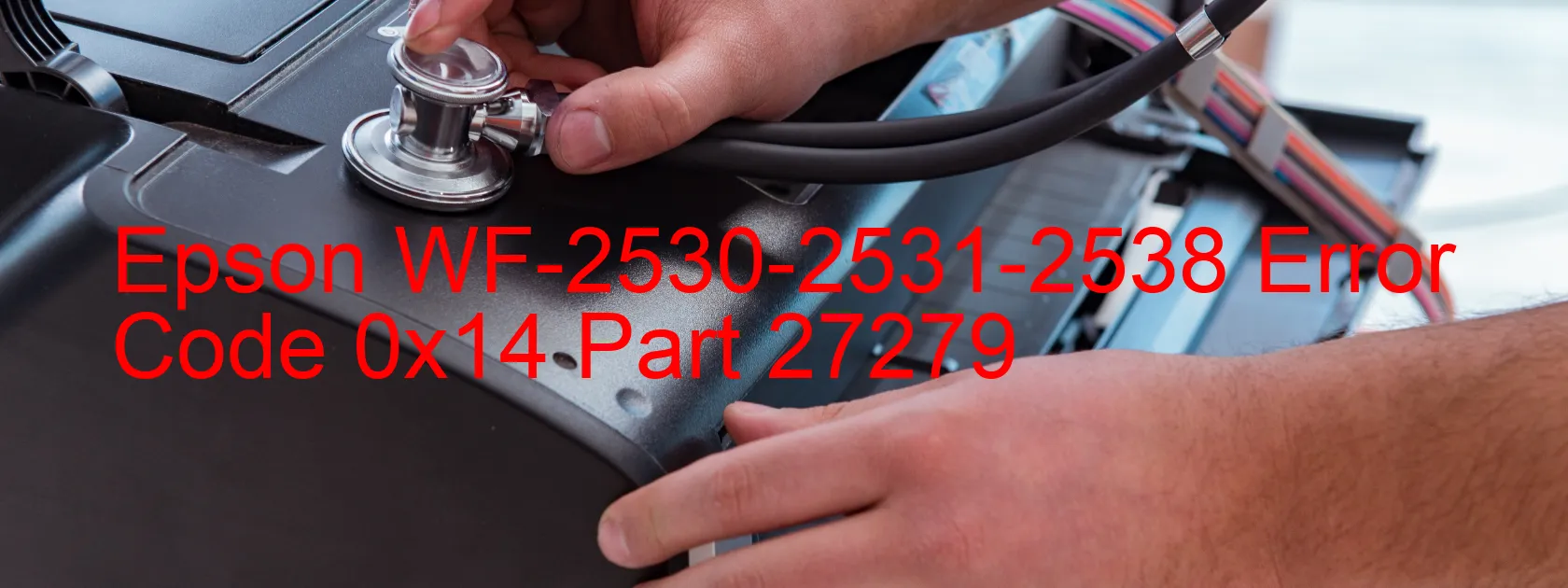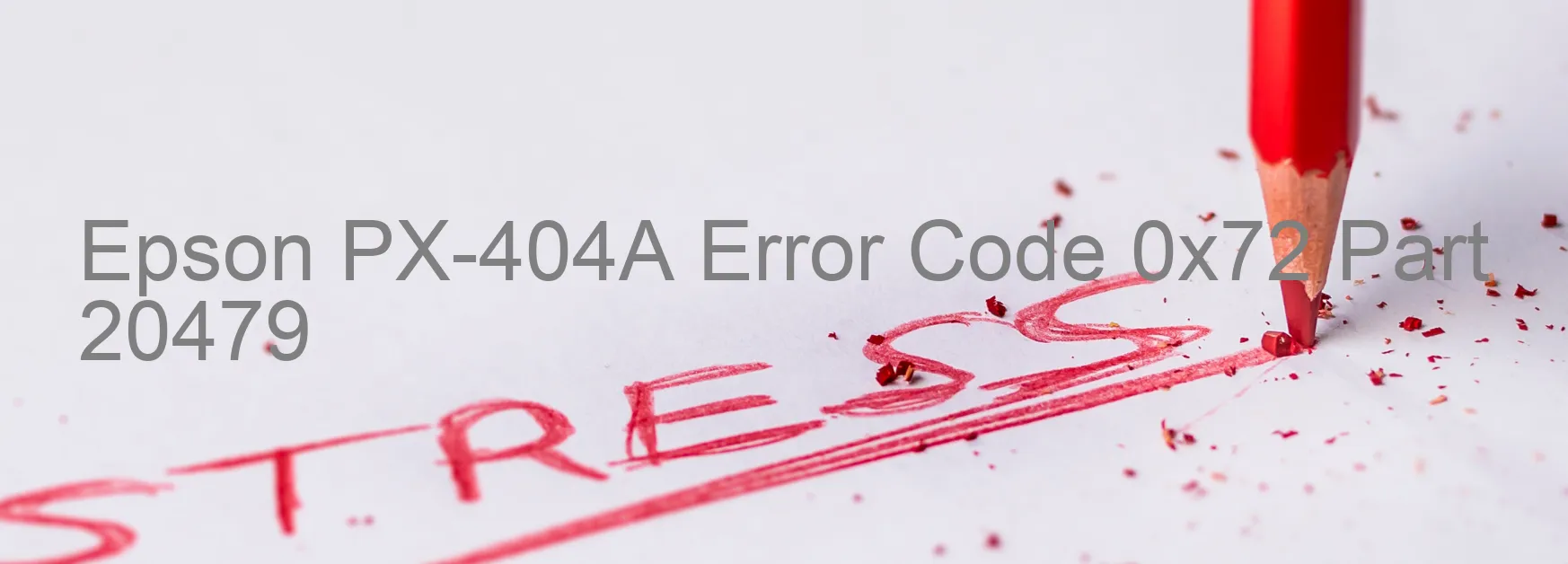Epson PX-M740F Error OxEA
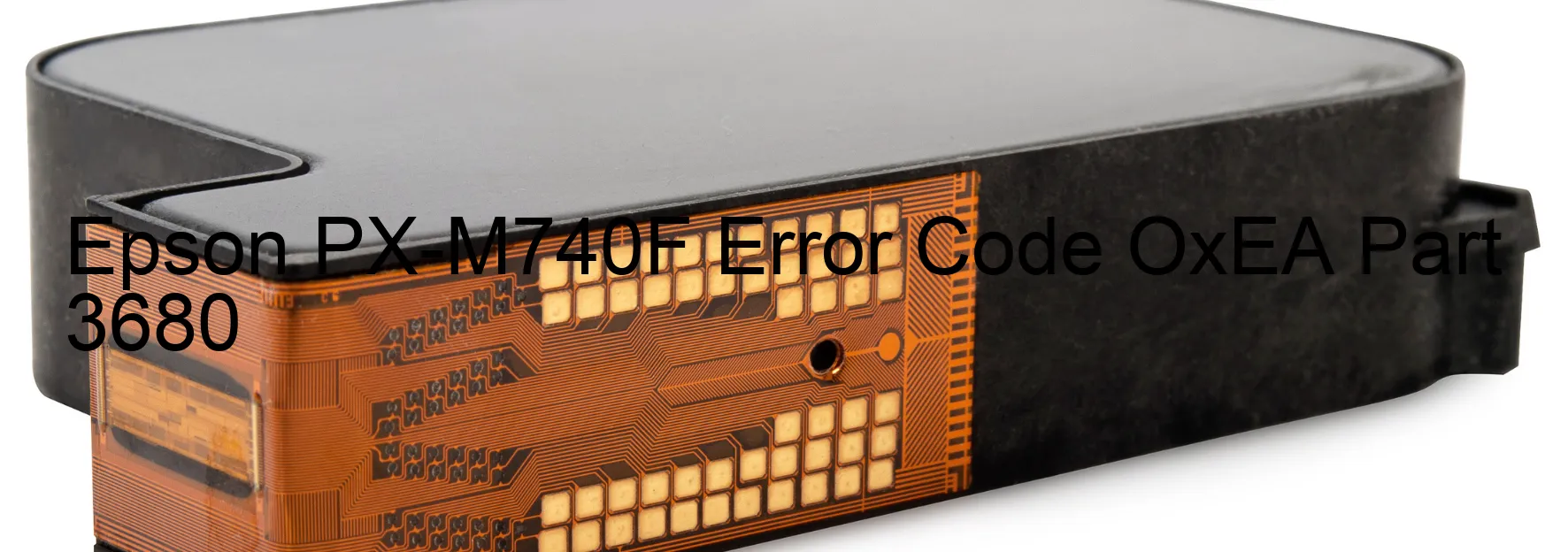
Epson PX-M740F is a sophisticated printer that may occasionally encounter errors. One such error code is OxEA, which is displayed on the printer’s screen. This error indicates CR LOAD POSITION excess load error, CR encoder failure, CR motor failure, carriage overload, tooth skip, improper tension of the timing belt, or cable/FFC disconnection.
Excess load error occurs when the CR (carriage) is overloaded or obstructed. To troubleshoot this issue, check for any foreign objects that may be hindering the movement of the carriage. Clear any obstructions and try running the printer again.
CR encoder and motor failures can cause the printer’s carriage to malfunction. In such cases, it is recommended to turn off the printer and unplug it from the power source. Then, remove the ink cartridges and carefully clean the encoder strip, which is located behind the carriage. Reinstall the cartridges and turn on the printer to see if the error persists.
Carriage overload may also trigger this error code. Ensure that the carriage is moving smoothly along the rails by gently sliding it from side to side. If there is any resistance or grinding noise, it may indicate a mechanical issue that needs to be addressed by a professional technician.
A tooth skip or improper tension of the timing belt may cause the CR to lose its position. To resolve this, replace the timing belt or adjust its tension following the manufacturer’s guidelines.
Finally, if none of the above solutions work, check for any cable or FFC (flexible flat cable) disconnections. Ensure all connections are secure and reseat any loose cables.
Should these troubleshooting steps fail to resolve the OxEA error code on the Epson PX-M740F printer, it is advisable to seek assistance from Epson customer support or a certified technician to diagnose and resolve the issue.
| Printer Model | Epson PX-M740F |
| Error Code | OxEA |
| Display on | PRINTER |
| Description and troubleshooting | CR LOAD POSITION excess load error. CR encoder failure. CR motor failure. Carriage overload. Tooth skip or improper tension of the timing belt. Cable or FFC disconnection. |
